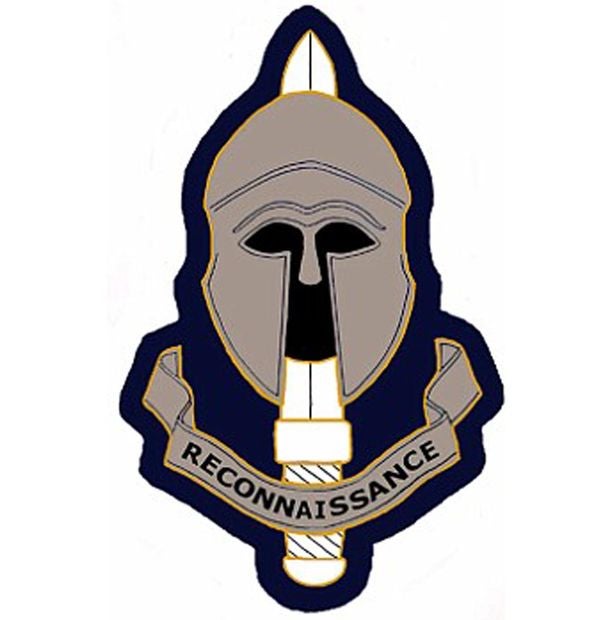UK Special Forces in the ‘Grey Zone’
United Kingdom Special Forces (UKSF) are looking to expand their already considerable remit. The proposed expansion, first reported by the BBC’s Mark Urban, revolves around operations in the nebulous ‘grey zone’ where proxy forces directed by state actors merge with cyber and information operations.
The proposal, named the ‘Special Operations Concept’, would see UKSF deployed on ‘grey zone’ missions around the world, working unilaterally or with local partner forces in a covert capacity to counter aggression from state actors such as Russia or China. This future focus will be far lesser on ‘kinetic’ direct action operations and far more on intelligence gathering, unconventional warfare and information ops.
Formed in 2005, the UK’s Special Reconnaissance Regiment (SRR) are uniquely placed to benefit from the expanded role. The SRR already conducts covert missions in support of national objectives with their specialists already trained in language and human terrain skills. The attached 267 (SRR) Signal Squadron will also be of vital importance providing technical capabilities to meet enemy activities in the electronic and cyber spheres.
Critics note that with the downturn in UKSF operations caused by the drawdown in Afghanistan and the defeat of the Islamic State as a neo-state entity, UKSF are keen to redefine their role beyond counter-terrorism and conventional warfighting. They argue that with an increasingly bleak budgetary outlook from UK Ministry of Defense, the move may effectively insulate UKSF from cuts.
The United States is taking the threat seriously, now termed ‘the Great Power Competition’ and forming part of the US National Defense Strategy. Military Timesreported earlier this year that US Special Operations Command (SOCOM) are gearing up for the new role with SOF seen as a key enabler in supporting allied and neutral states in proxy conflicts. The head of SOCOM acknowledged; “This strategy acknowledges the re-emergence of great power competition in a global security environment [along] with continuing threats from globally-networked violent extremist organizations, but also a rogue state.”

